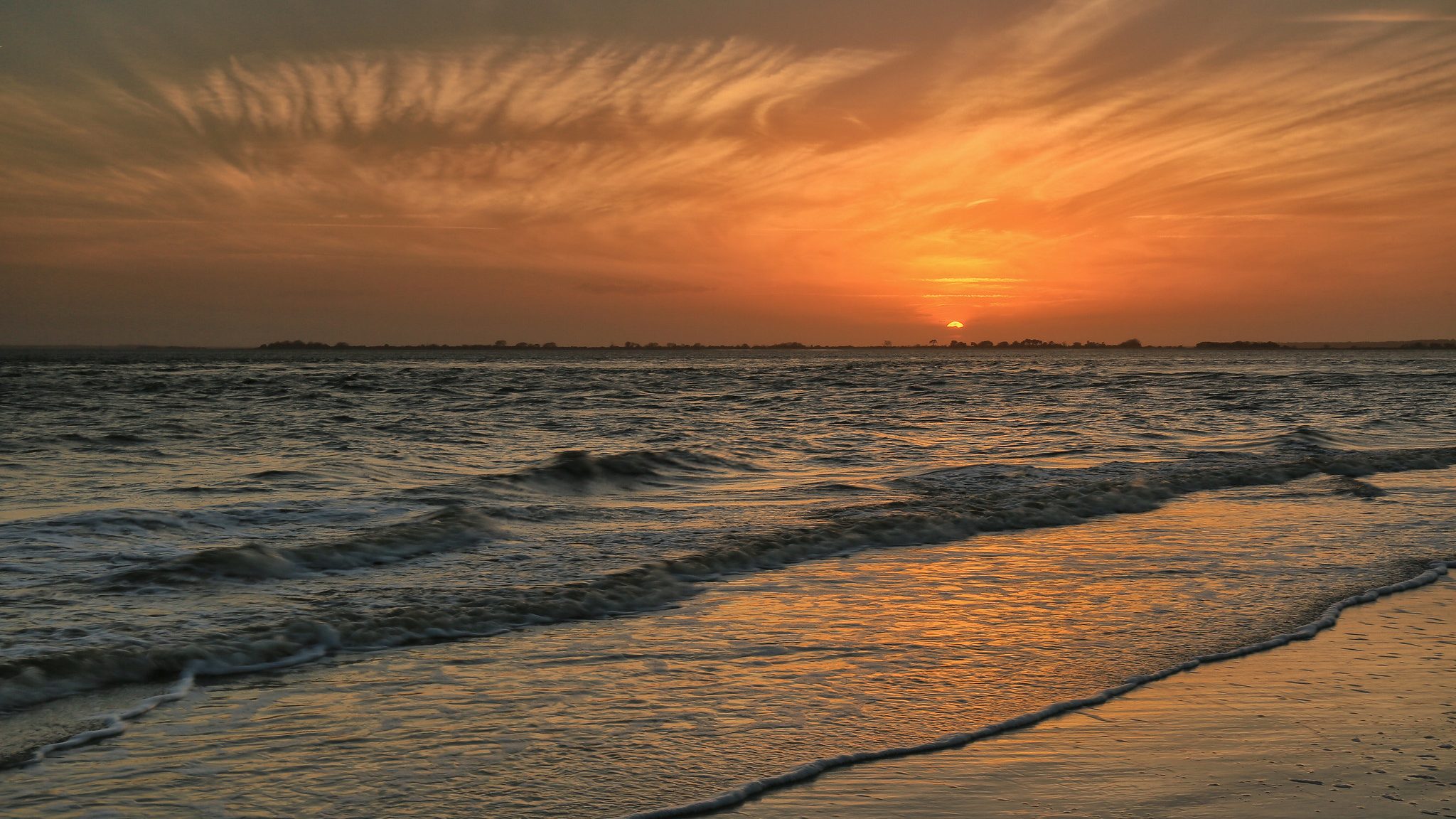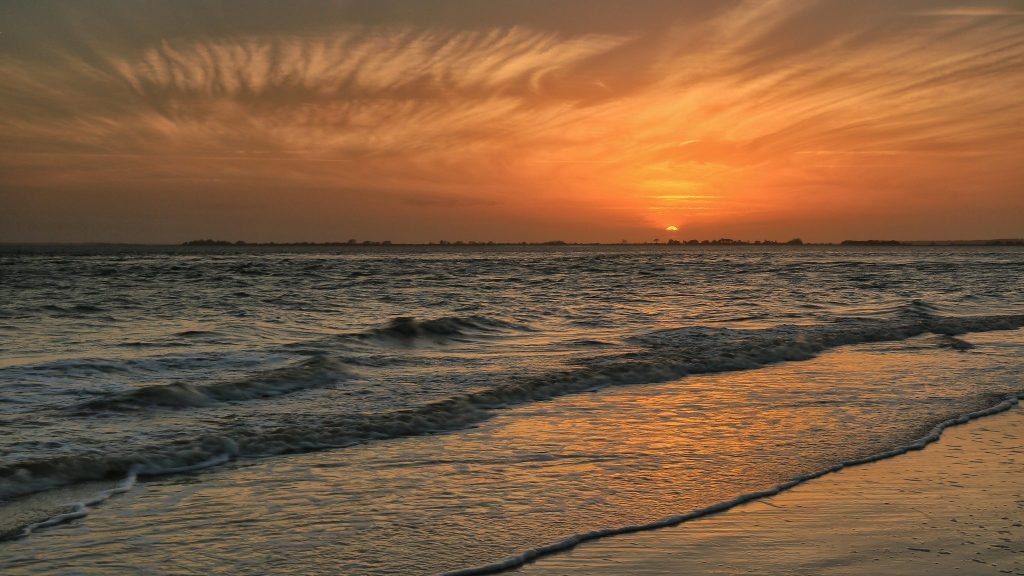Join Us for the First Webinar in Our Spring/ Summer Science Series

The Southeast CASC and the South Atlantic Conservation Blueprint team have teamed up to present the SE CASC South Atlantic Spring/Summer Science Series. We hope you will join us as we highlight some of the SE CASC funded science projects relevant to conservation in the Southeast and South Atlantic region. The first webinar of the series, presented by Steve Frank (NCSU Department of Entomology and Plant Pathology) will be held on April 16 at 10am ET. Learn more about the series here.

Consequences of Urbanization and Climate Change on Human and Ecosystem Health
Dr. Steven Frank, NC State University Department of Entomology and Plant Pathology
April 16, 2020 | 10AM ET
Register at: go.ncsu.edu/s6-urbanization
Urban forests provide well-documented environmental and societal benefits valued at more than four billion dollars per year in the United States. As cities expand onto land once occupied by rural forests, urban trees take on an even more vital role in mitigating global climate change, conserving biodiversity, and protecting human health. Maintaining the health of trees is challenging in cities and in forests under climate change because of tree stress and pests. Unhealthy trees do not provide adequate ecosystem services or conservation value compared to healthy trees. In this work we found that exotic trees can remain healthy and maintain biodiversity of arthropods (e.g. spiders and insects) that is similar to native trees, and in stressful locations exotic trees performed better. This information can help resource managers select the best tree species for different locations and goals. We also found that native insects can become invasive pests when exposed to the urban heat island effect or climate warming. As these pests become more abundant and expand their range they could threaten the health of forests. Scientists and resource managers can use our results to predict which species may become pests with climate change and can use cities as laboratories for understanding the effects of climate change.
Get more details about the Southeast CASC South Atlantic Spring/Summer Science Series.
- Categories:
